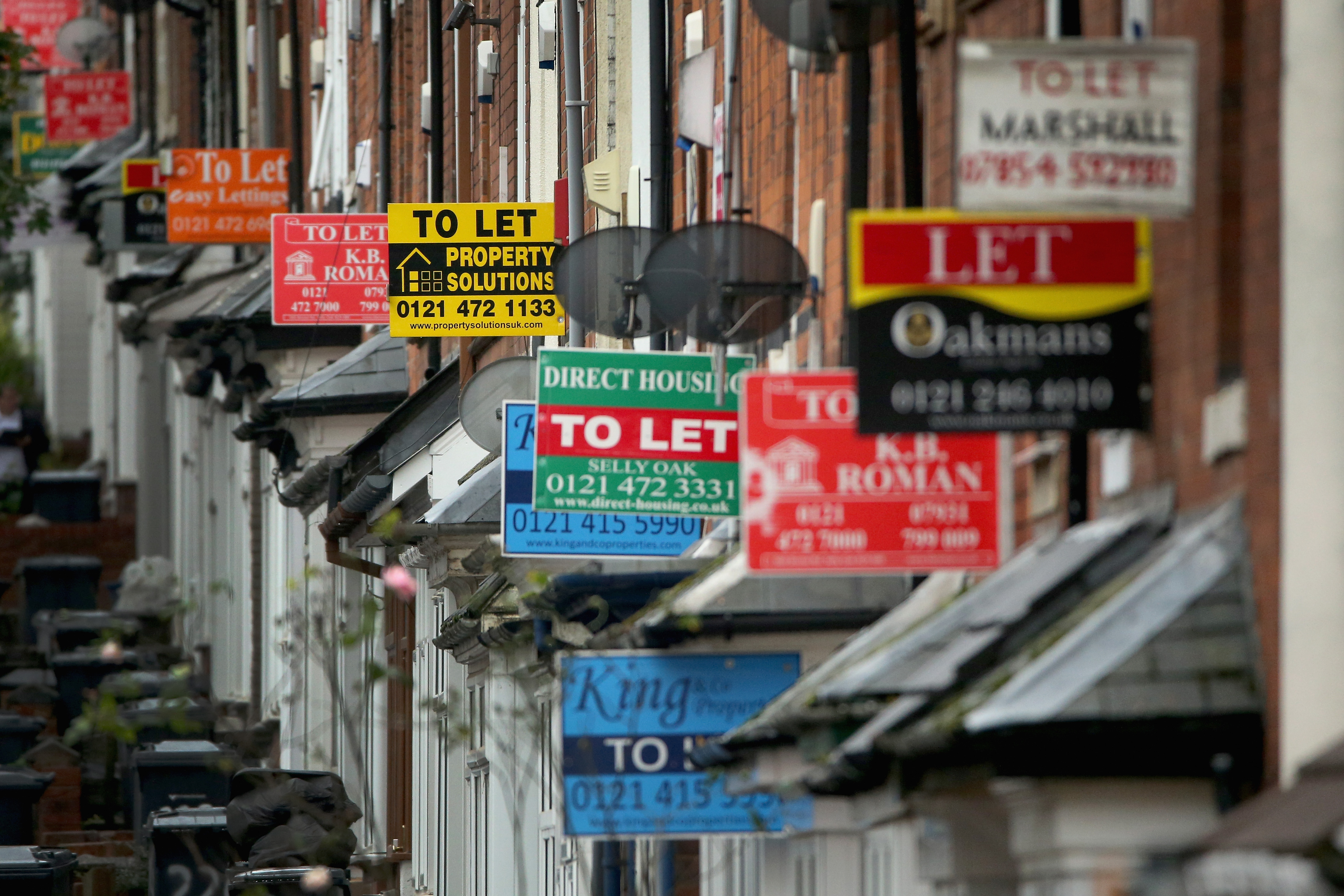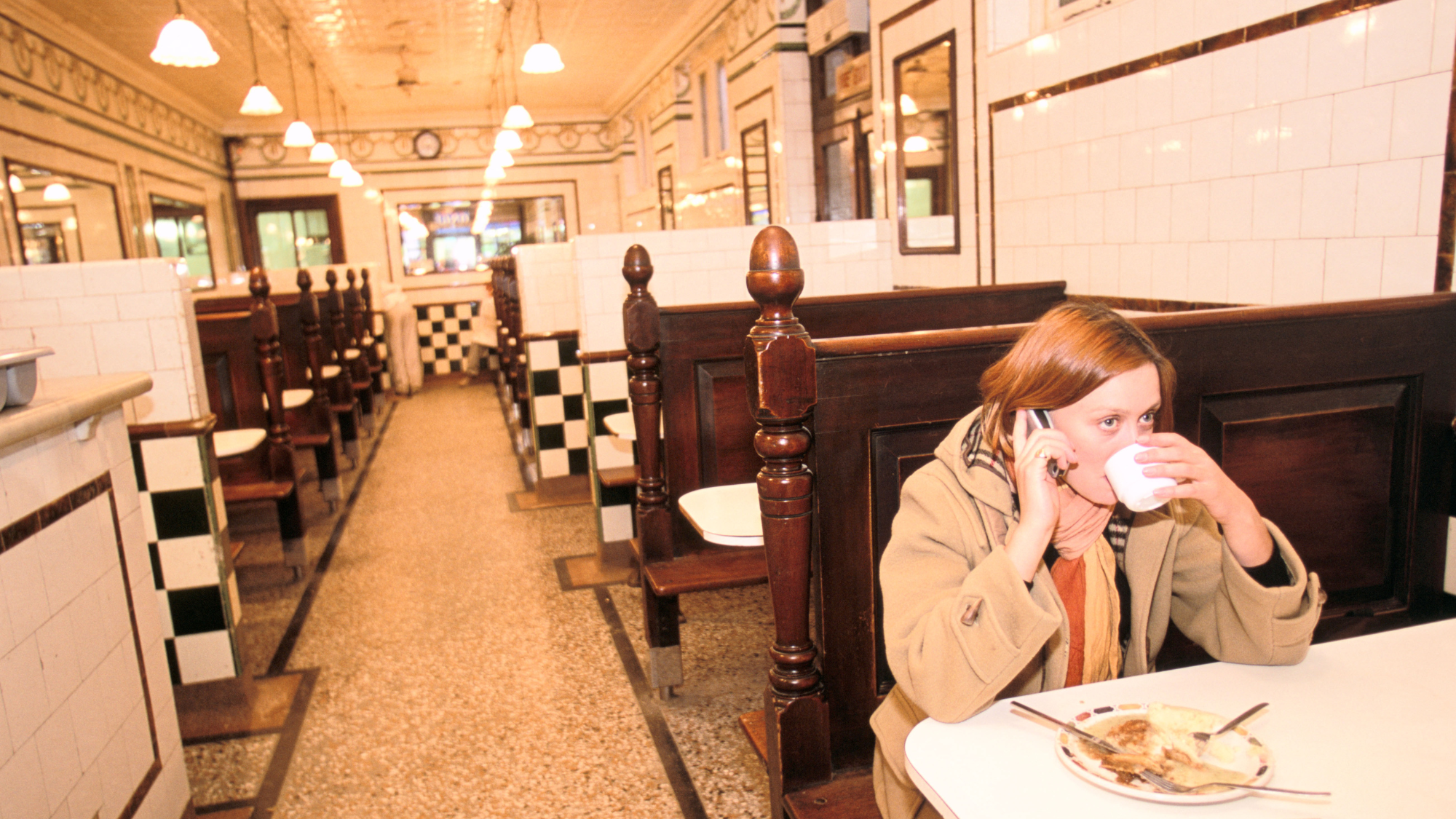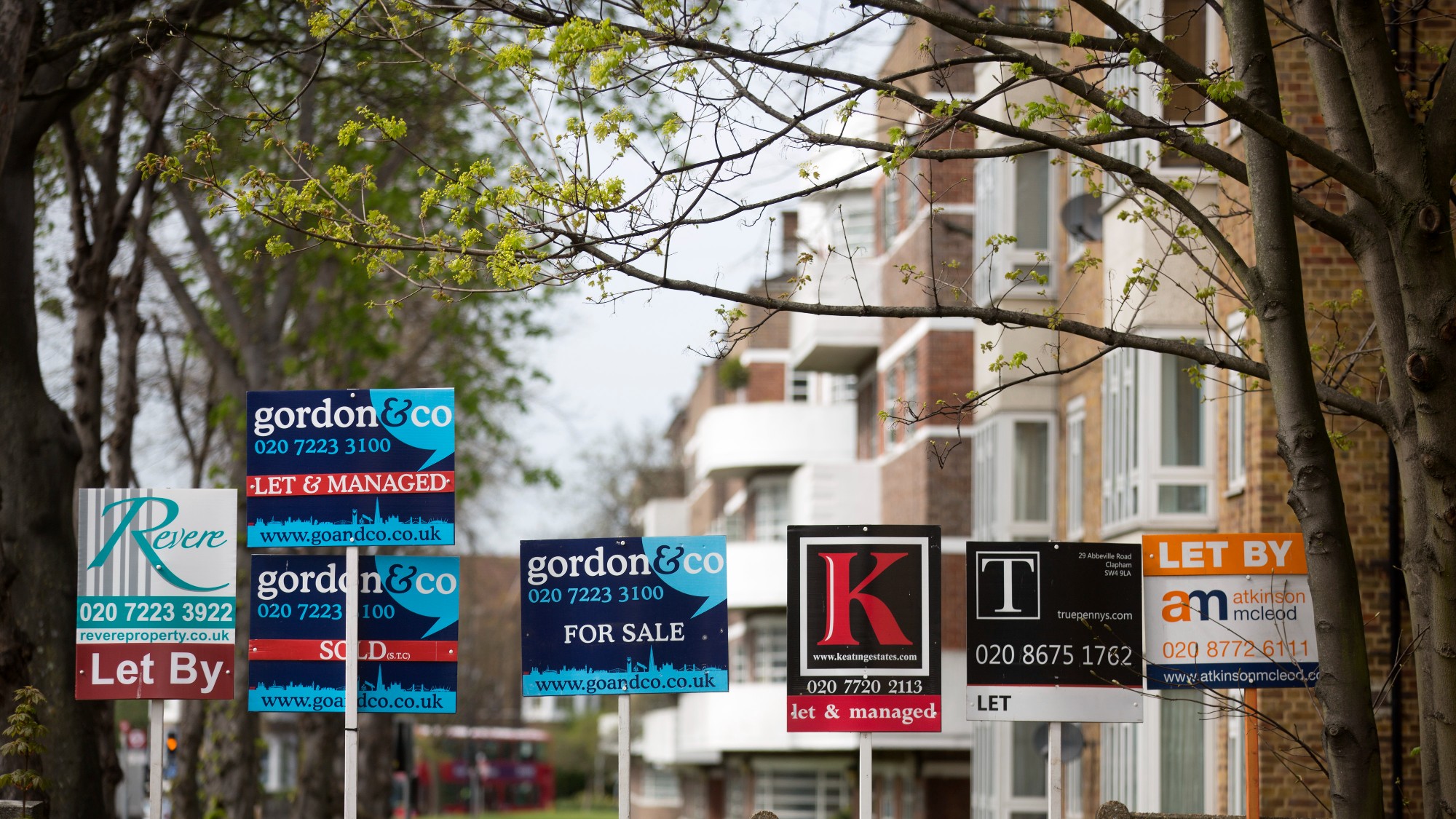The pros and cons of rent controls in London
Mayor Sadiq Khan reportedly considering rule changes aimed at bolstering private renters’ rights

A free daily email with the biggest news stories of the day – and the best features from TheWeek.com
You are now subscribed
Your newsletter sign-up was successful
London Mayor Sadiq Khan appears to be laying the groundwork for a radical overhaul of private renting, according to reports.
In a letter to Labour MP Karen Buck that has been seen by The Guardian, the mayor said that the capital needed a “strategic approach to rent stabilisation and control” and that arguments for capping rent increases at inflation are “overwhelming”.
Khan was elected on promises to tackle the rising cost of housing, and the idea of rent controls have been floated repeatedly by the Labour Party.
The Week
Escape your echo chamber. Get the facts behind the news, plus analysis from multiple perspectives.

Sign up for The Week's Free Newsletters
From our morning news briefing to a weekly Good News Newsletter, get the best of The Week delivered directly to your inbox.
From our morning news briefing to a weekly Good News Newsletter, get the best of The Week delivered directly to your inbox.
But not everyone is convinced - so just what are the pros and cons?
Rent control and how it works
Rent control measures hand authorities the power to regulate rent levels, stripping private landlords of the ability to “overinflate” the amounts they charge, the BBC says.
The three main ways to do so are capping rent, capping increases to rent or temporarily freezing rent, adds Channel 4 News. However, “even within these categories, policies could vary hugely” - something that is particularly true within the first category, where “either rents could be set at current market rates, or set at a lower limit”, adds the broadcaster.
A free daily email with the biggest news stories of the day – and the best features from TheWeek.com
Anna Clarke, a senior research associate at the Cambridge Centre for Housing and Planning Research, told the BBC that one possibility would be for local authorities to reduce rent levels from the current market rate to levels comparable to social housing.
“The effects of this would vary greatly around the country,” she said, noting that in some areas, such as parts of northern England, the difference between market and social housing rates is small, so the change would be negligible, whereas in areas such as London, it would be far greater.
Alternatively, the UK could adopt methods used by other European cities. In Paris, rental prices are set by a third party in areas of high demand, while in German cities including Berlin and Munich, there are caps on how high rents can be.
What are the drawbacks?
Unsurprisingly, private landlords are highly critical of the proposed rent regulations.
The National Landlords Association calls rent control “one of the most catastrophic risks to the private rented sector”. The organisation claims that such regulations would be “treating the symptoms rather than the causes of the housing crisis” and would lead to a “loss of good landlords”.
And according to Shelter, private landlords are not the only ones who would suffer. The homelessness charity says evidence suggests controls that involve “setting the rent, not just controlling the increase”, would be broadly problematic for “those on low incomes” and “would force a significant number of landlords to sell their home, as they could make more money that way”.
“Now, that might be good for middle earners – a glut of homes suddenly for sale might become available,” the charity adds. “But this is where the risk comes in for low earners. They can’t afford to buy, and increasingly rely on the private rented sector.
“As landlords sell up, they would be left with fewer places to live. In the absence of a much larger supply of council and social housing, that risks pushing people into homelessness.”
What are the advantages?
Campaign group Generation Rent says Shelter’s claims are inaccurate.
“While rent controls on their own would not reduce the underlying shortage of homes, it will not increase it either. If we see a surge in home ownership, there will be fewer rented properties but also fewer renters,” the group says. “With wealthier renters becoming home owners, there will also be less spending power in the rental market, reducing effective demand and its upward pressure on prices.”
This theory appears to be backed up by a 2015 report by researchers at Cambridge University, who surveyed private landlords to ask how they would respond to various types of rent control.
The researchers said that with most of the scenarios, the landlord’s responses indicated that the only outcome would be “small reductions in average rents”, leading to an “aggregate loss of rental income to the sector of between 0% and 5.5%”.
“This is a relatively small loss of income and not, in itself likely to cause a substantial change to the size of the sector,” the report continued, adding that the only scenario likely to result in a significant income reduction to the housing sector was if initial rents were initially set well below market rates.
Channel 4 News agrees, concluding that “it seems perfectly possible that many forms of rent control would not significantly damage the housing sector”, and that “government support for new developments could help fill the gap of any reductions to private sector”.
However, Generation Rent adds that rent control “can only ever be a stopgap for a healthy housing market” - and that “eliminating that shortage remains the long-term goal”.
-
 What is the endgame in the DHS shutdown?
What is the endgame in the DHS shutdown?Today’s Big Question Democrats want to rein in ICE’s immigration crackdown
-
 ‘Poor time management isn’t just an inconvenience’
‘Poor time management isn’t just an inconvenience’Instant Opinion Opinion, comment and editorials of the day
-
 Bad Bunny’s Super Bowl: A win for unity
Bad Bunny’s Super Bowl: A win for unityFeature The global superstar's halftime show was a celebration for everyone to enjoy
-
 Arcadia: Tom Stoppard’s ‘masterpiece’ makes a ‘triumphant’ return
Arcadia: Tom Stoppard’s ‘masterpiece’ makes a ‘triumphant’ returnThe Week Recommends Carrie Cracknell’s revival at the Old Vic ‘grips like a thriller’
-
 American Psycho: a ‘hypnotic’ adaptation of the Bret Easton Ellis classic
American Psycho: a ‘hypnotic’ adaptation of the Bret Easton Ellis classicThe Week Recommends Rupert Goold’s musical has ‘demonic razzle dazzle’ in spades
-
 Can London’s pie and mash shops make a comeback?
Can London’s pie and mash shops make a comeback?Under the Radar Traditional East End eateries are on the ‘brink of extinction’ – but a younger generation is giving the Cockney cuisine an unexpected boost
-
 Breaking news: the rise of ‘smash hit’ rage rooms
Breaking news: the rise of ‘smash hit’ rage roomsUnder the Radar Paying to vent your anger on furniture is all the rage but experts are sceptical
-
 Why is London’s property market slumping?
Why is London’s property market slumping?Today's Big Question Some sellers have reported losses of hundreds of thousands of pounds
-
 Jane Austen lives on at these timeless hotels
Jane Austen lives on at these timeless hotelsThe Week Recommends Here’s where to celebrate the writing legend’s 250th birthday
-
 David Hockney at Annely Juda: an ‘eye-popping’ exhibition
David Hockney at Annely Juda: an ‘eye-popping’ exhibitionThe Week Recommends ‘Some Very, Very, Very New Paintings Not Yet Shown in Paris’ testifies to the artist’s ‘extraordinary vitality’ and ‘childlike curiosity’
-
 The Peninsula: London’s first billion-pound hotel
The Peninsula: London’s first billion-pound hotelThe Week Recommends As the capital’s super-luxury hotel scene continues to expand, the respected brand is still setting the standard